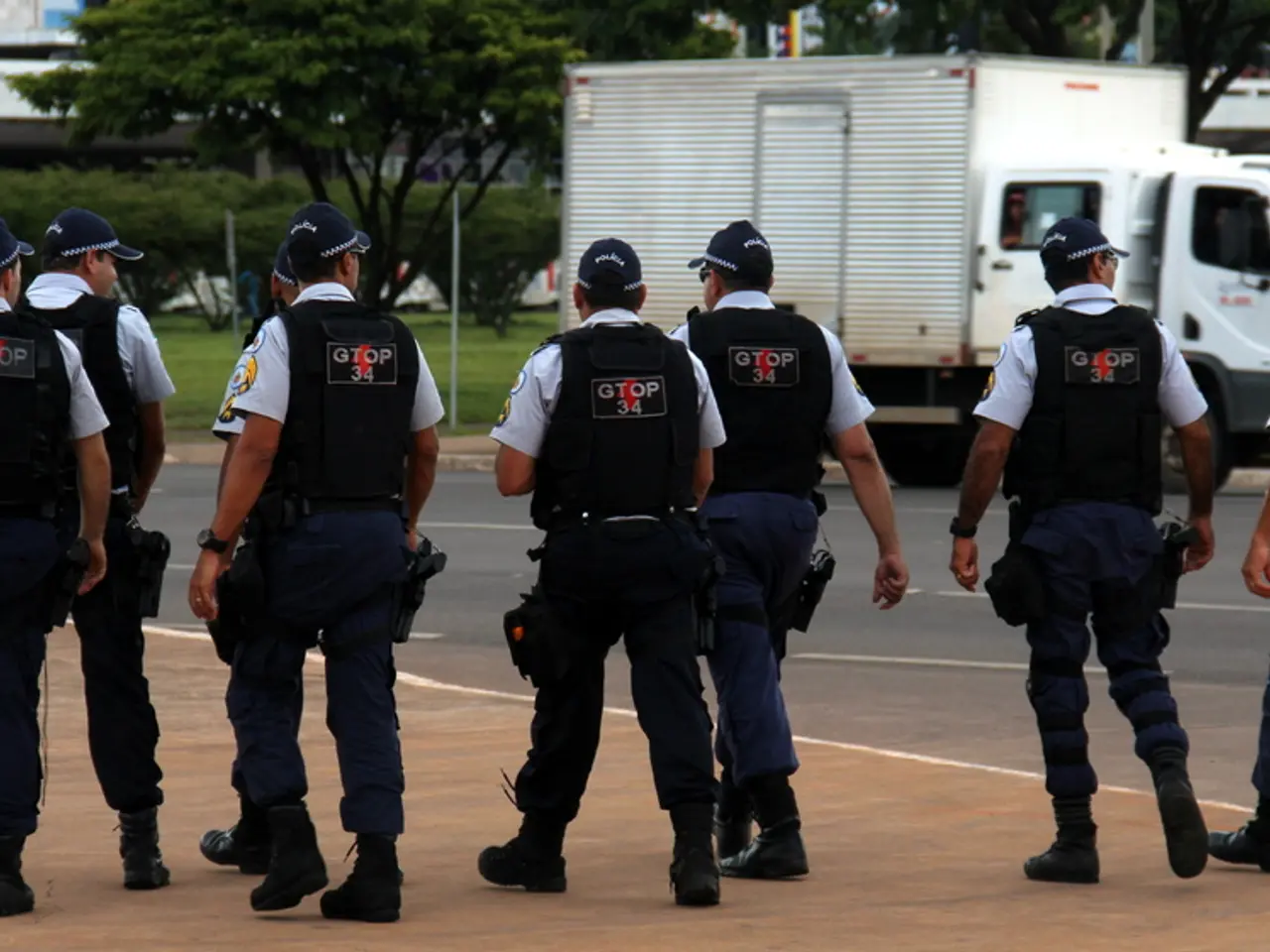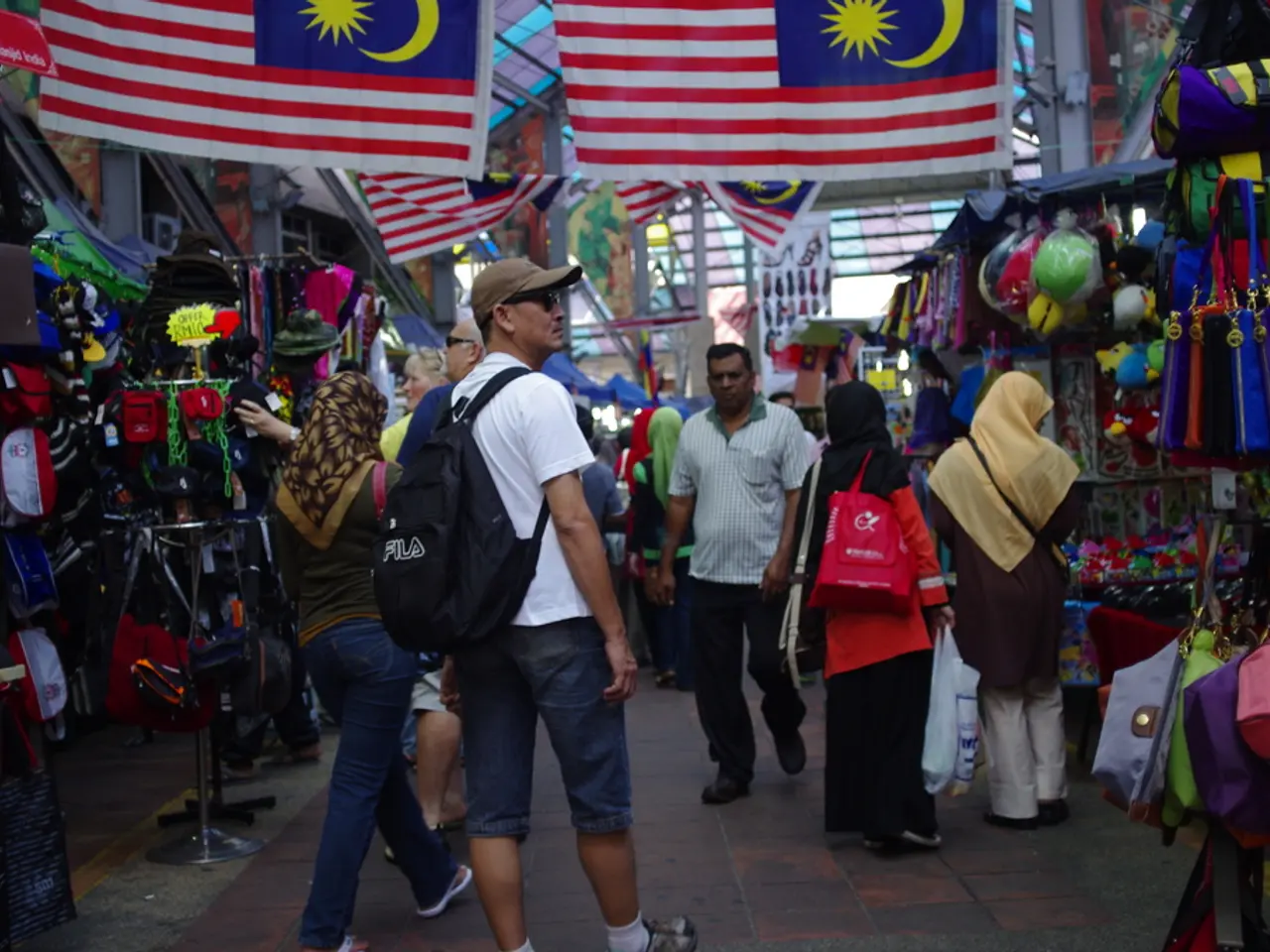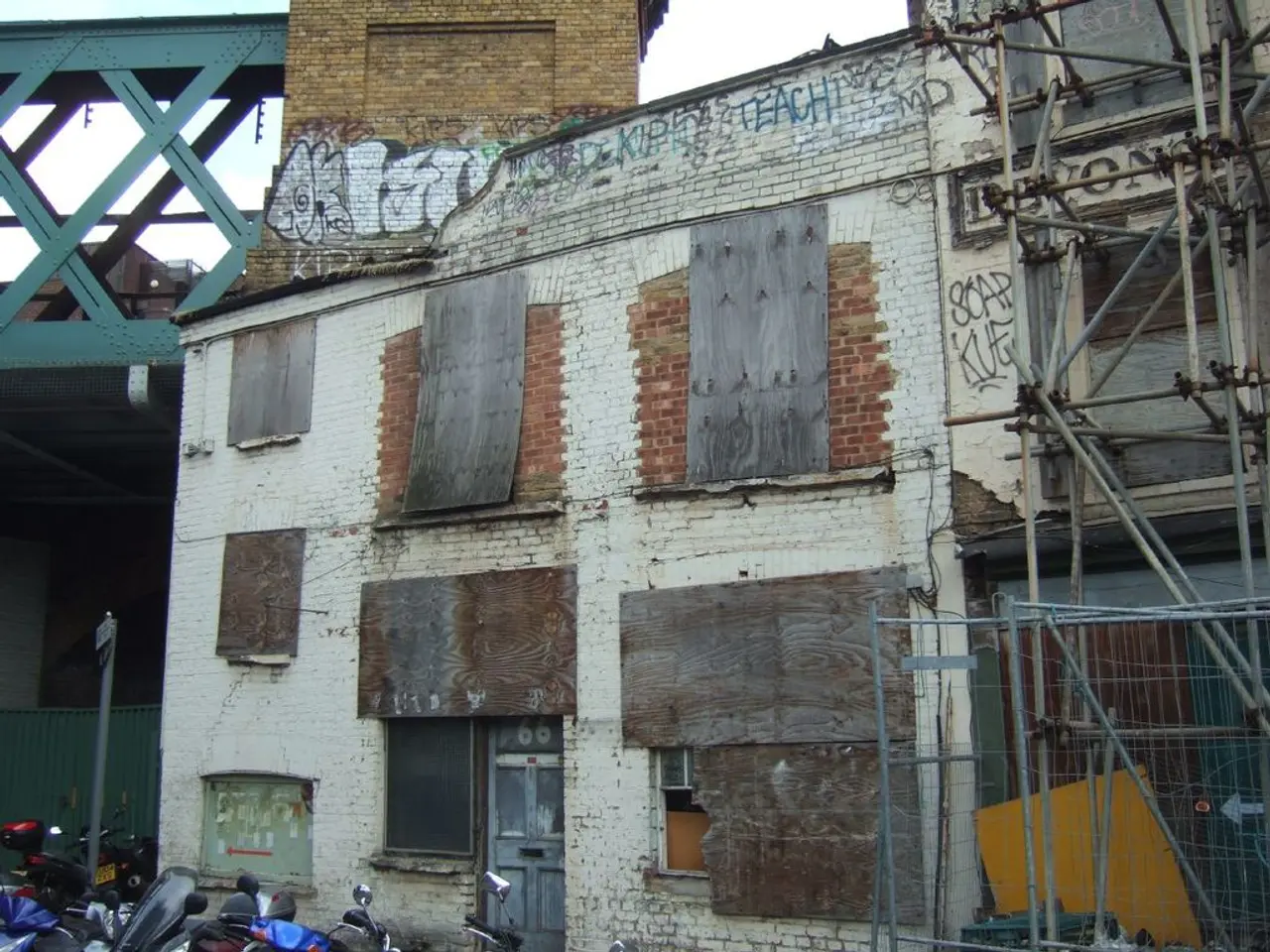Diplomat Fidan from Foreign Ministry journeys to Syria for deliberations centered on security and reconstruction matters
In a significant development, Turkish Foreign Minister Hakan Fidan is currently in Damascus, Syria for a working visit. This visit marks another chapter in the renewed engagement and pragmatic cooperation between the two countries following the December 2024 overthrow of Bashar al-Assad’s regime and the establishment of a transitional government in Syria led by President Ahmad al-Sharaa.
During his visit, Fidan met with Syrian President Ahmad al-Sharaa for high-level talks. The discussions focused on regional and international developments, as well as the security situation in Syria. The talks aimed to address steps needed to achieve full stability in the country, and to evaluate political, economic, and humanitarian issues.
Fidan emphasized Turkey's security concerns, focusing on threats to Syria's sovereignty and political unity. He expressed Turkey's readiness to assist the Syrian government with managing and securing camps in northeastern Syria, where the U.S.-backed Syrian Democratic Forces (SDF), linked to the PKK (a group designated as terrorist by Turkey), control significant territory.
Turkey strongly opposes any territorial corridor linking southern Syria's Suwayda region with Kurdish-held areas, seeing such projects as threats to Syria's sovereignty and labeling them "imperialist projects" via terrorist groups.
The coordination of efforts for Syria's reconstruction and recovery will be an important dimension of the meetings. Beyond security, Turkey and Syria plan to deepen cooperation in trade, investment, transportation, energy, and joint reconstruction projects.
Fidan noted significant progress Syria has made in various fields during his recent visits. He reaffirmed Turkey's commitment to stand by the Syrian people and support their legitimate expectations. He also criticized Israel's targeted actions against Syria for destabilizing the region and called on the international community, especially the United States and European countries, to share responsibility in preventing destabilizing policies.
This visit was followed by a working visit to Syria on March 13, with Defense Minister Yasar Guler and National Intelligence Organization (MIT) head Ibrahim Kalin. The possibilities for institutionalizing bilateral cooperation between Turkey and Syria were emphasized during these visits.
Mutual high-level visits between Turkey and Syria continue without losing momentum. In the past eight months, Syrian President Sharaa and Foreign Minister Asaad al-Shaibani have visited Turkey on various occasions.
Ankara’s outreach aims to influence Syria’s post-war order, also partly to counterbalance Israeli influence in the region. Turkey offers military and technical assistance to Damascus against Daesh and other terrorist organizations to enhance Syria’s security architecture.
The relationship remains complex, with tensions surrounding the integration of Kurdish groups into Syrian state structures serving as a critical test of future stability and cooperation. Despite these challenges, both countries appear committed to finding common ground and working towards a more stable and secure future for Syria.
- Turkish Foreign Minister Hakan Fidan and Syrian President Ahmad al-Sharaa discussed political, economic, and humanitarian issues, emphasizing Turkey's readiness to assist the Syrian government, particularly in managing and securing camps in northeastern Syria, while Turkey strongly opposes any territorial corridors linking southern Syria to Kurdish-held areas.
- The coordination of efforts for Syria's reconstruction and recovery, as well as deepening cooperation in trade, investment, transportation, energy, and joint reconstruction projects, will be key dimensions of the discussions between the Turkish and Syrian governments.
- Despite tensions between Turkey and Syria regarding the integration of Kurdish groups into Syrian state structures, both countries seem committed to finding common ground and working towards a more stable and secure future for Syria, with Ankara's outreach to Syria largely aiming to influence Syria's post-war order and counterbalance Israeli influence in the region.





